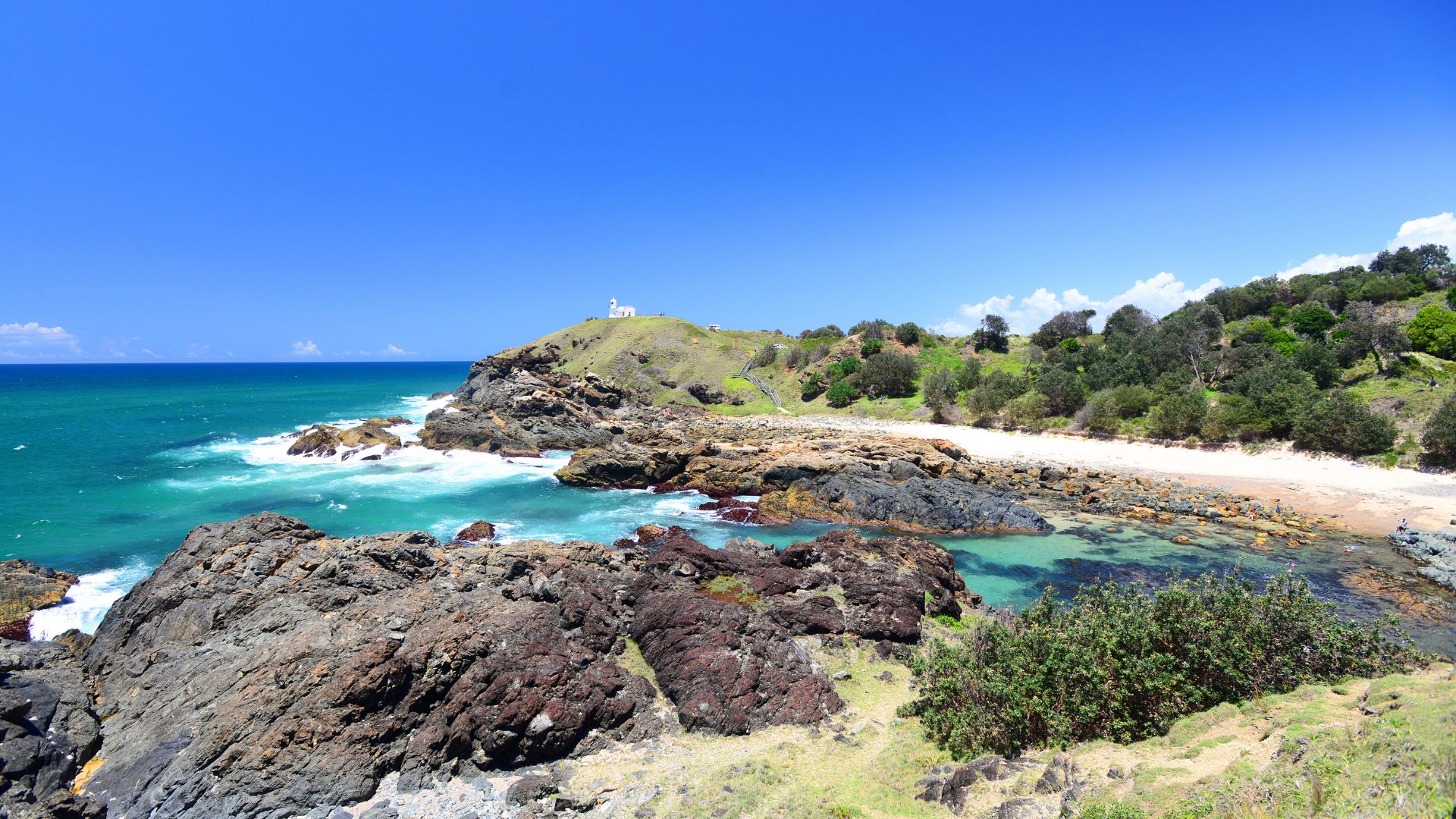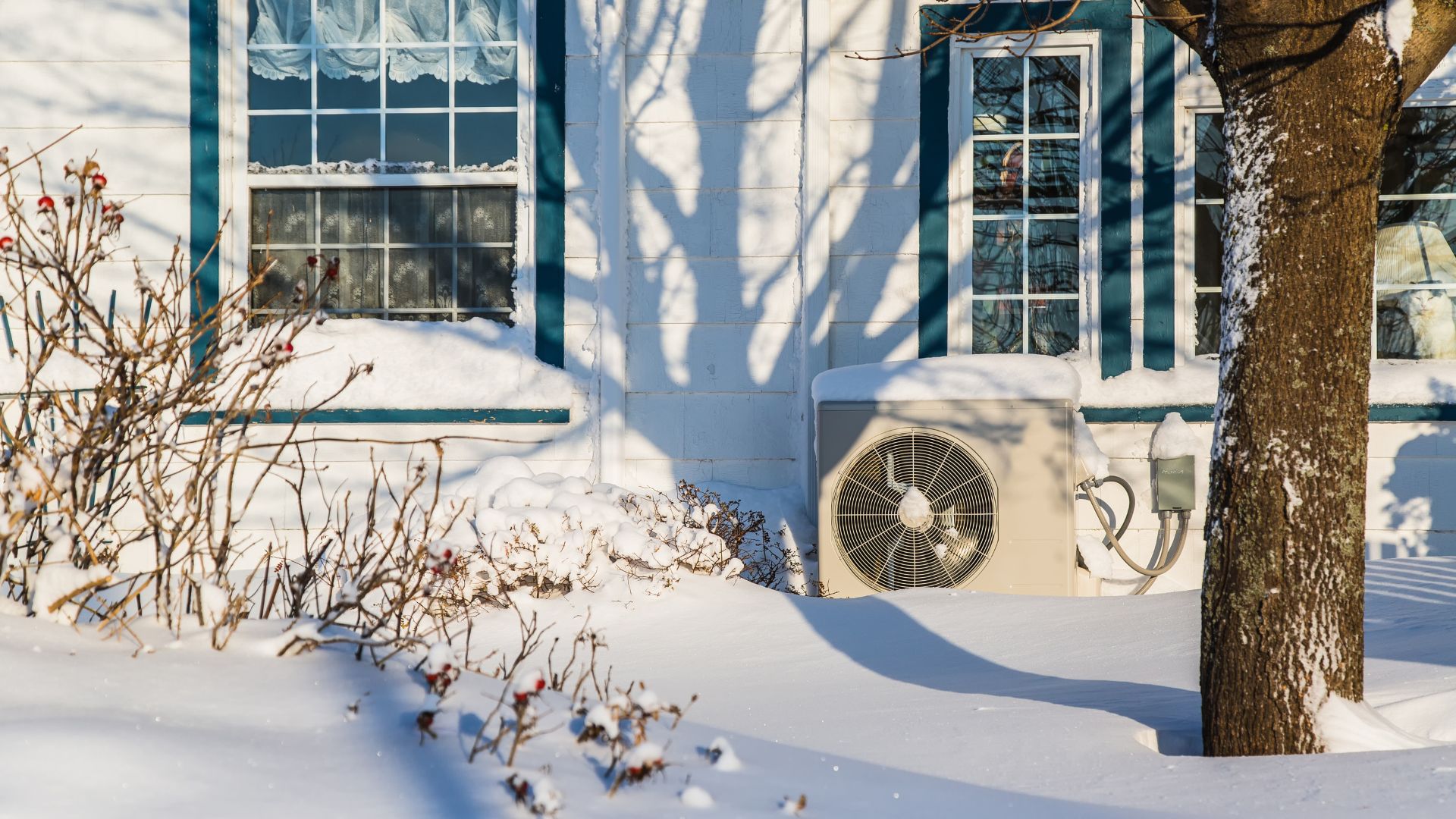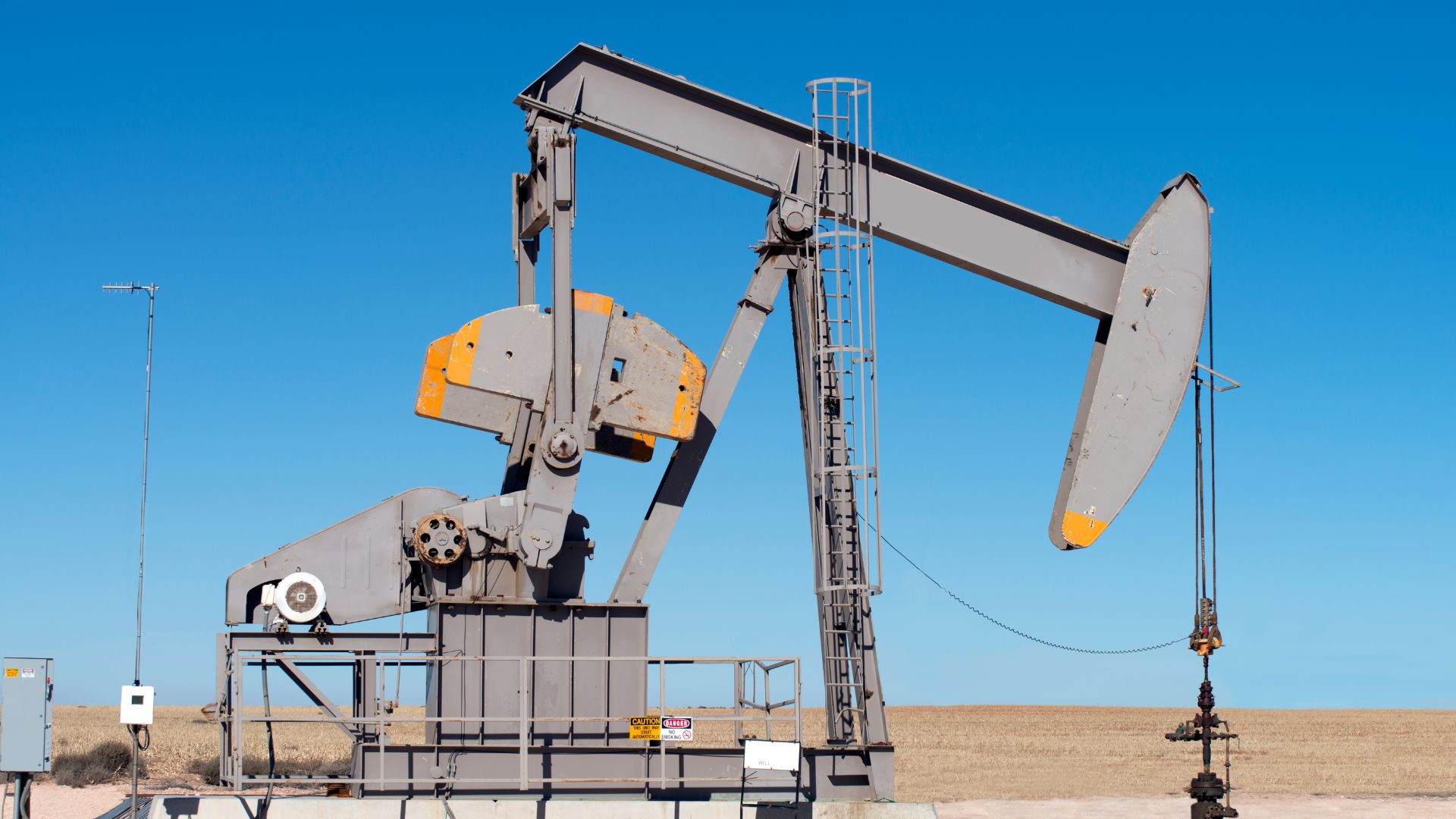This week’s good climate news
With so much still to do to slow warming and avoid the worst impacts of climate change, it’s important to fortify ourselves by celebrating wins along the way.

Shorten the workweek to save the planet
A pilot study in the U.K. testing a four-day work week found climate benefits. Participating companies found staff reduced their emissions without reducing productivity. At one firm, employees’ daily productivity increased 20% while commuting 21% fewer miles by car.
The well-rested employees also volunteered for climate causes more.

Marine park in Australia to triple in size
Australia plans to designate388,000 square kilometers of land and surrounding waters, an area roughly the size of Germany, as a marine zone, tripling the size of Macquarie Island Marine Park. With this remarkable contribution to conservation, the amount of protected areas in Australia’s oceans would rise to 48.2%.
The park is a habitat for millions of seabirds, seals and penguins.

Heat pump popularity surging
Heat pumps are gaining serious traction in one of the coldest U.S. states. Maine has one of the highest per capita heat pump adoption rates in the country, proving these systems’ capacity to work in below-freezing temperatures.
The climate-friendly alternative to traditional home heating and cooling is keeping residents warm throughout the frigid New England winters while creating more than 4.5 times as much energy as they run on.

Virginia city takes on climate change
Richmond, Virginia is taking major climate action. Richmond’s new climate plan, RVAgreen2050: Climate Equity Action Plan, seeks to reduce emissions 45% by 2030.
The unanimously-approved plan serves as a blueprint to help the U.S. city reach its net-zero target and advance climate justice in communities facing disproportionate risk from climate change impacts.

Federal funds going to clean up leaking oil wells
For the first time, federal funds in the U.S. are available to close orphan wells and the National Park Service is already on the job, with $4.7 billion going to help clean up these abandoned oil and gas wells. Estimates of the number of orphan wells range from 130,000 to over 800,000.
The 2021 Bipartisan Infrastructure Law will help clean up leaking wells that emit methane and other air toxins and may potentially contaminate groundwater.










